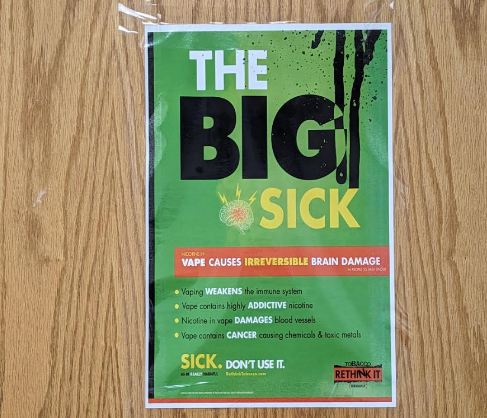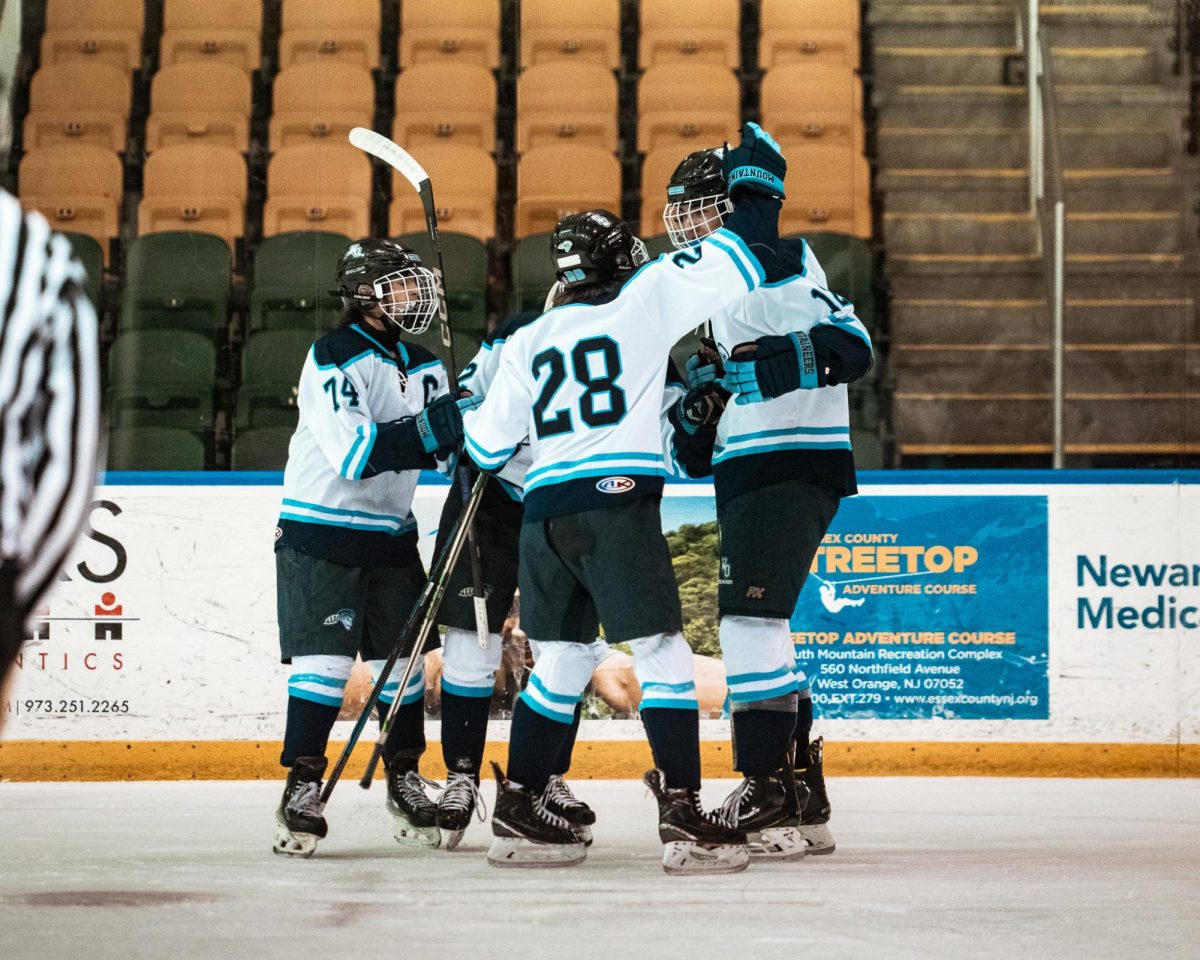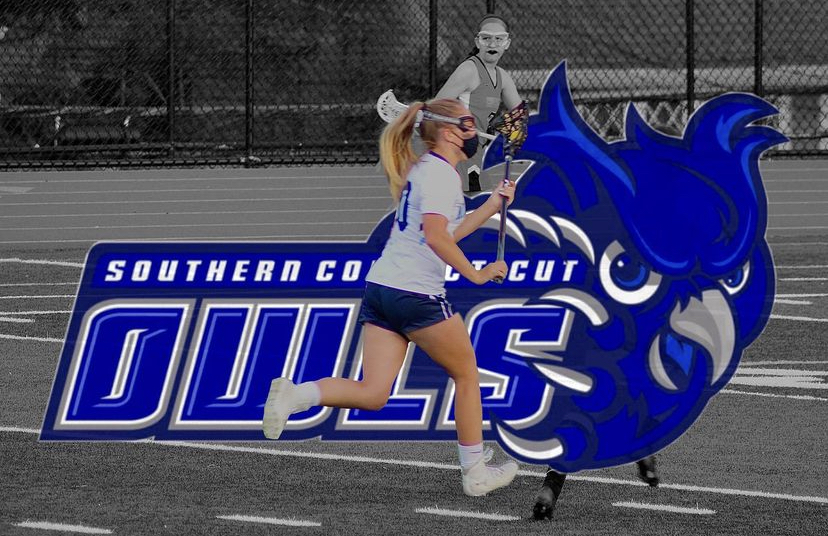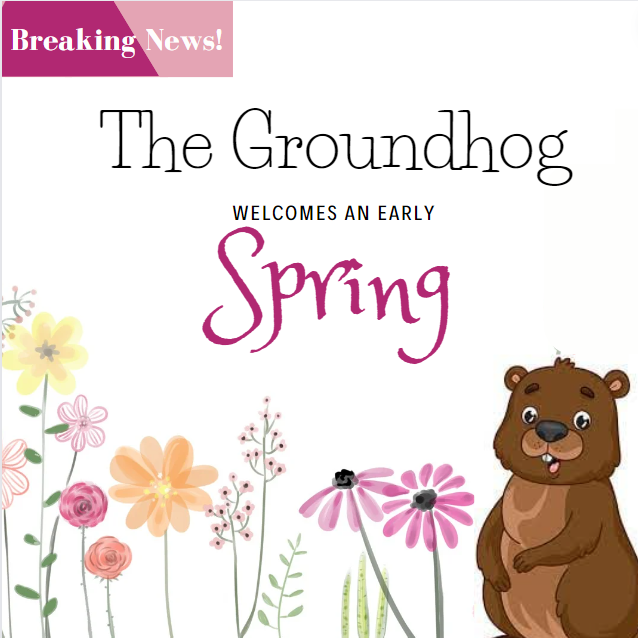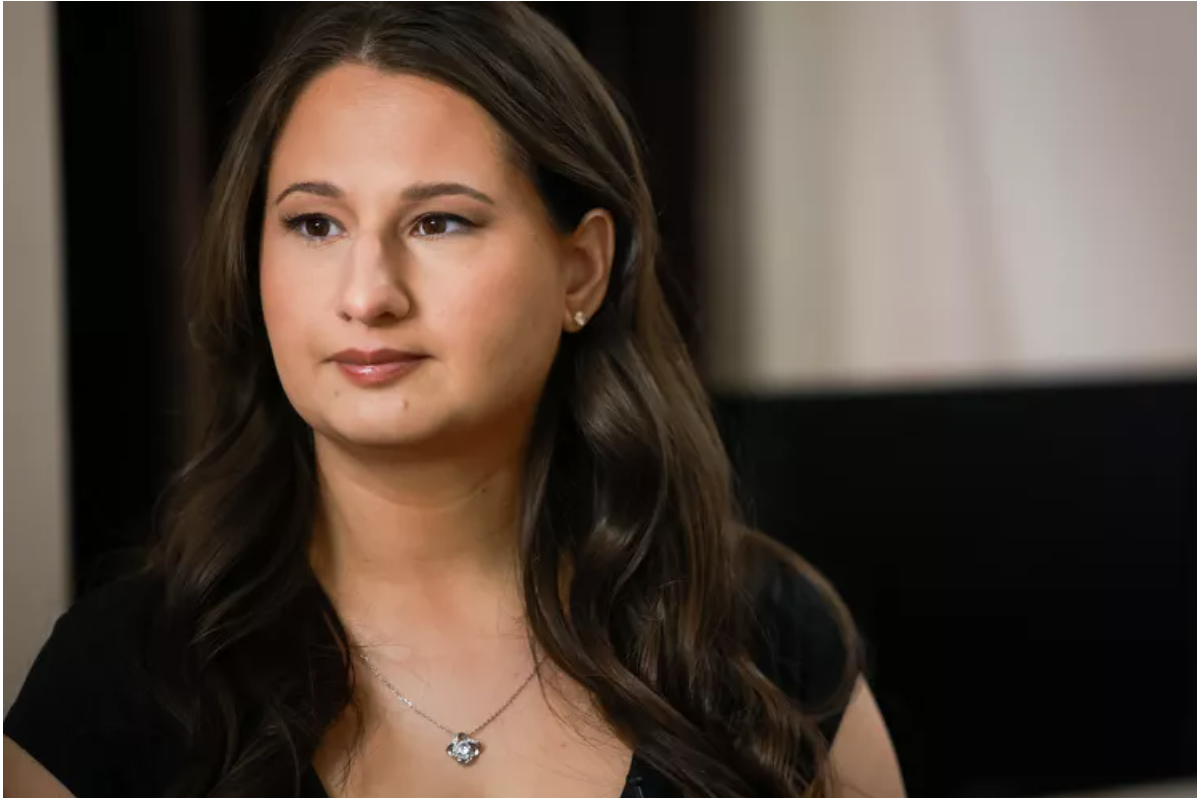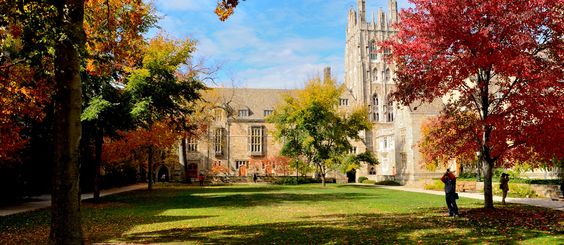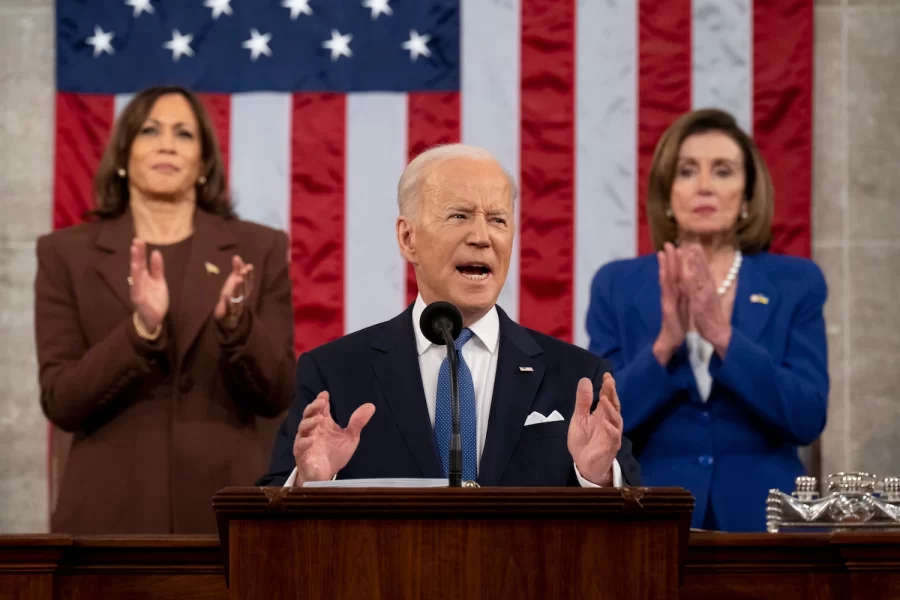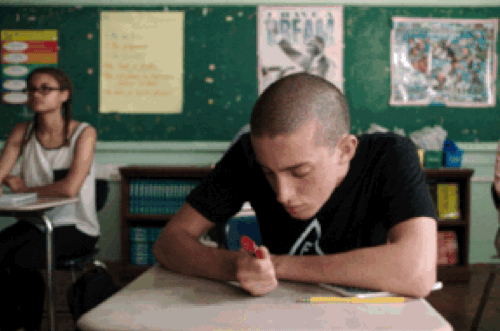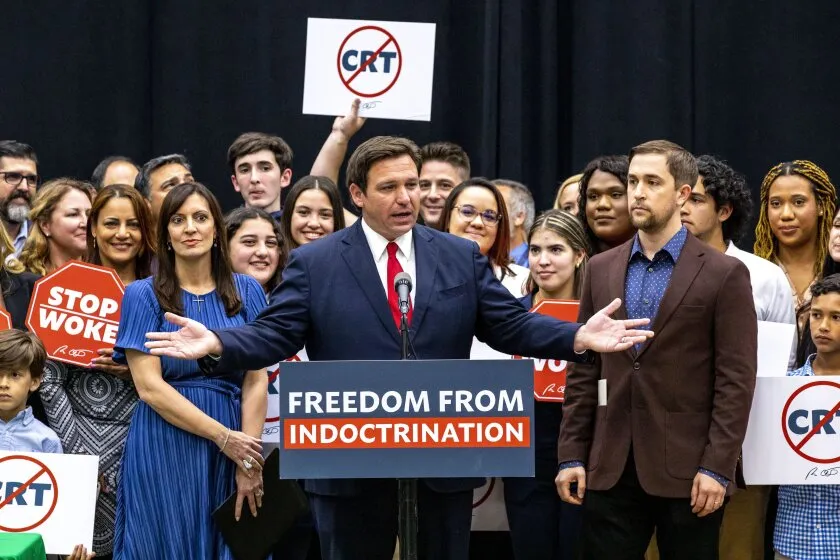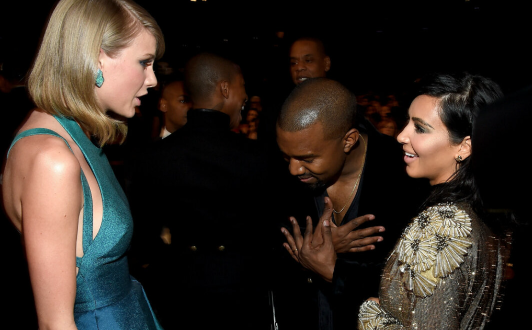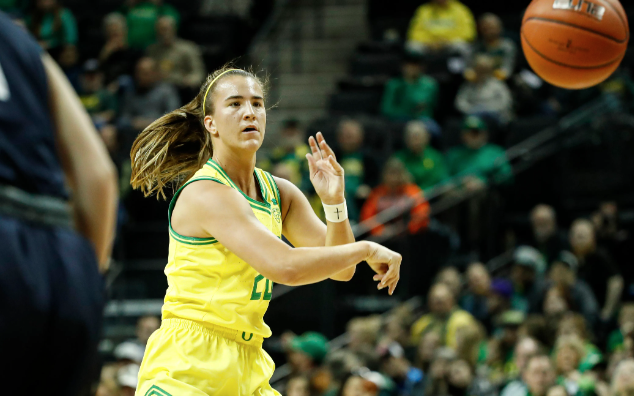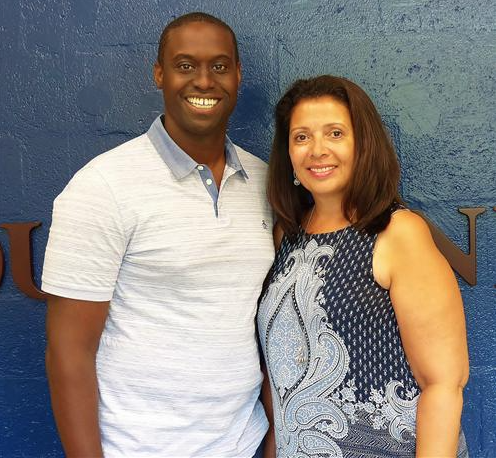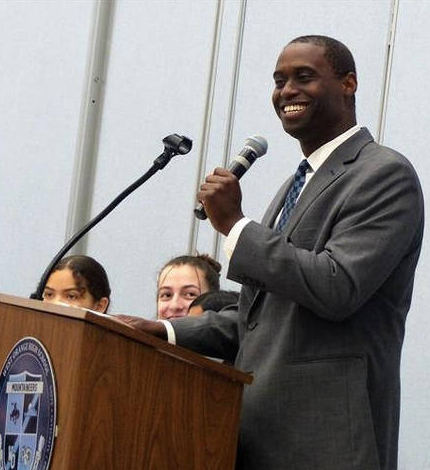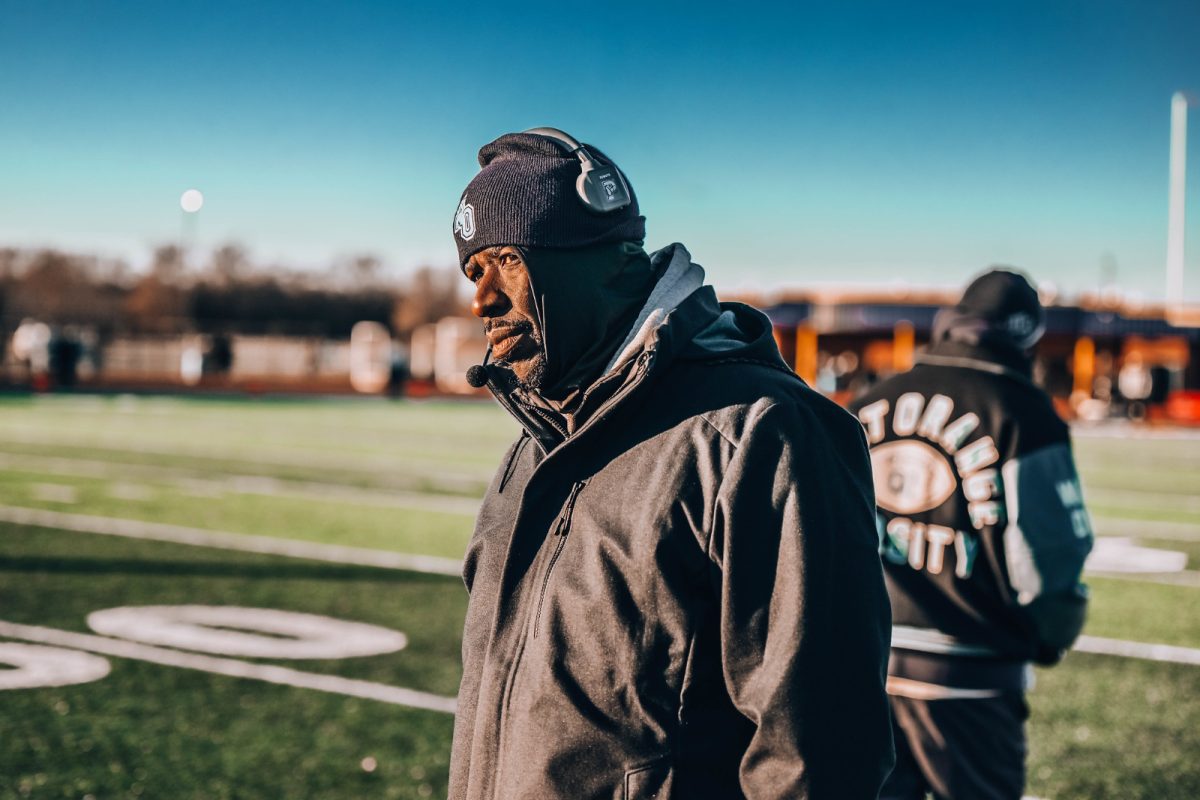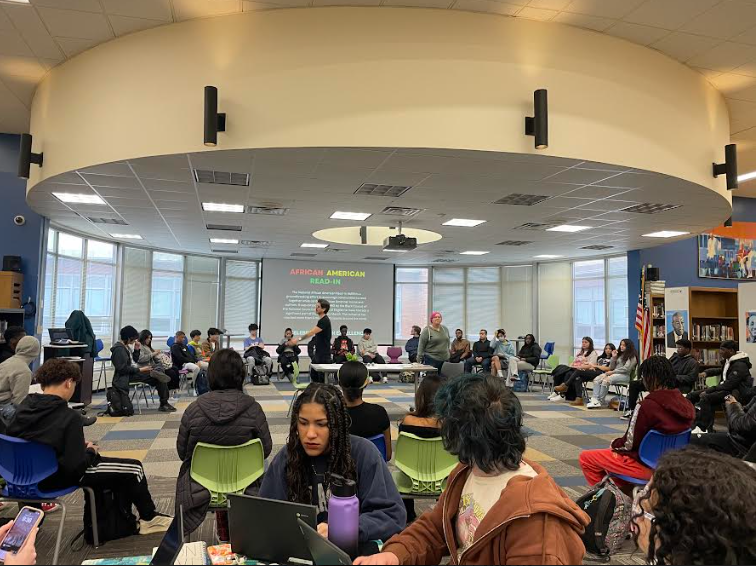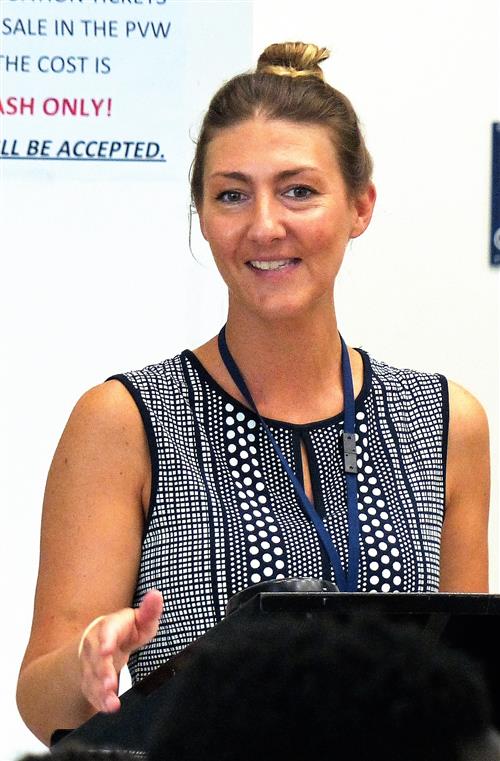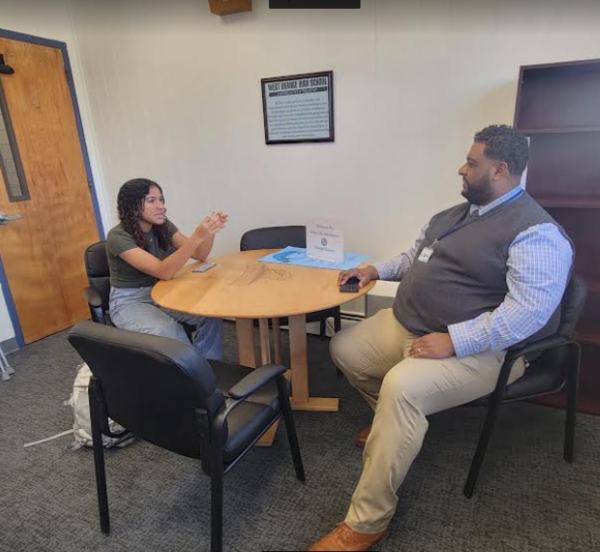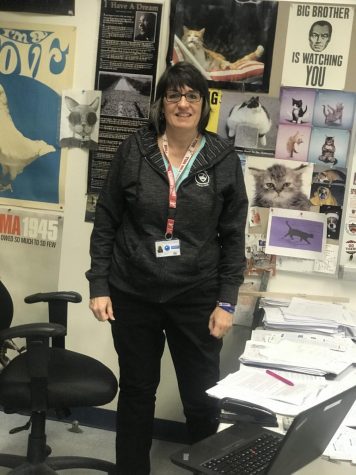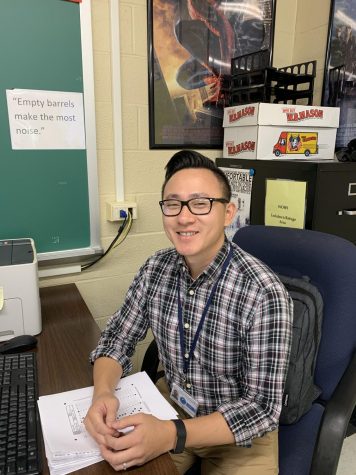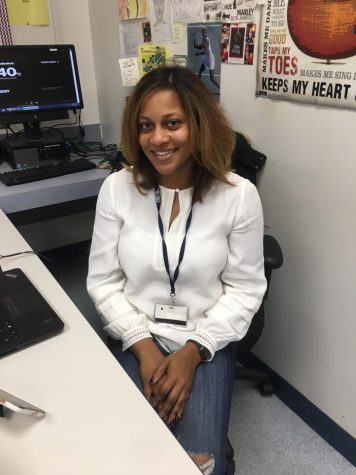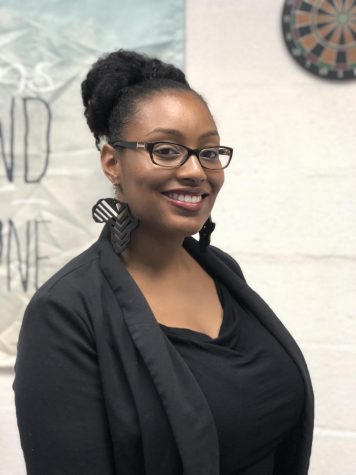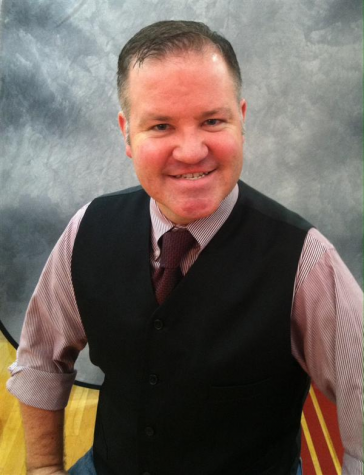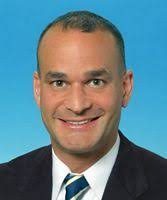An Interview With Mrs. Harvat
How long have you been teaching here and elsewhere?
I’ve been teaching in West Orange for 7 years. This is my 10th year total teaching.
Have you always had a passion for English?
Yes, it was always my favorite subject in school, and the thing I related to the most. I always found books to be very comforting. Early on I somehow read The Great Gatsby in 6th grade, and I don’t remember how I got to that, whether it was assigned or optional. I obviously didn’t understand it but I found the imagery to be incredible. I felt transformed into this different world and that was probably the first book that really got me.
Who is your favorite author and what is your favorite work by them?
Those are different questions to me. I’m going to say Zadie Smith is my favorite author. I think that White Teeth is probably my favorite book by her. But, in terms of appreciating a piece, The Great Gatsby is my favorite. I think it’s pretty cliche to be an English teacher who loves The Great Gatsby, but I read the first chapter every single year just because I love it so much and I get more and more out of it each time. I think Fitzgerald’s brilliance comes through in it more clearly than any other of his works I’ve read. I’ll tell you why I love Zadie Smith, though. I was assigned to read her in college and I was completely blown away. Her first book was published when she was 27 or 28, and I thought “how can a person this age know so much about the world?” I feel she has the words for things I understand but don’t have the words for.
What made you want to become a teacher?
I’ve always enjoyed interacting with younger people in the sense that I like showing them ways to be inspired or ways to be engaged or enlightened. I happen to get a lot of those things from literature. My passion for teaching came out of a passion for wanting to share things I’m passionate about and that I love with others. English teachers were the one who were the most inspirational to me. I am one of those people who wants to teach because I had great teachers.
What do you think makes a good student?
A good student is willing to go on the journey. They’re willing to be open minded and not view the world or assignments as just simply obligation. It’s hard because you get trained to do that. But being a good student doesn’t necessarily equate to having a good grade, and I think being a good student is more important.
If you could change one thing about the education system or curriculum, what would it be?
I think the one thing I think is most important to change at this juncture is the rigidity. We have become overly reliant and overly compliant with standardization. We try to fit everything into boxes and the reality is that people don’t fit into boxes and we shouldn’t treat them as such. We should know and respect that our teachers were hired because they are passionate about what they do, because they know teenagers, because they know their subject area. We should trust that they know the best way to engage with students. Maybe that doesn’t always look the same to everyone, but we put so much stock in all the things that make it so stifling, and that’s not good for anybody. In our professional developments we talk a lot about motivating students. There’s little talk of motivating teachers. It is talk of less invigoration and more compliance with regulation.
What advice would you give to your earlier self?
That’s a really hard question. I think it would probably make myself able to compartmentalize things a little bit better and not be so emotionally attached to believing that any students’ failure is also my failure, because when you start to have hundreds, it adds up. Also, to act and know that I felt I did the best I could, even though it’s not going to be successful with everyone. Maybe just not to be quite so hard on myself, and to go back to those moments where you know something really amazing happened or someone said something really funny when you need it. More importantly, if I’m doing all the work, then students aren’t learning. The need to feel that I’ve done enough sometimes leads to me doing too much and students not doing enough.

